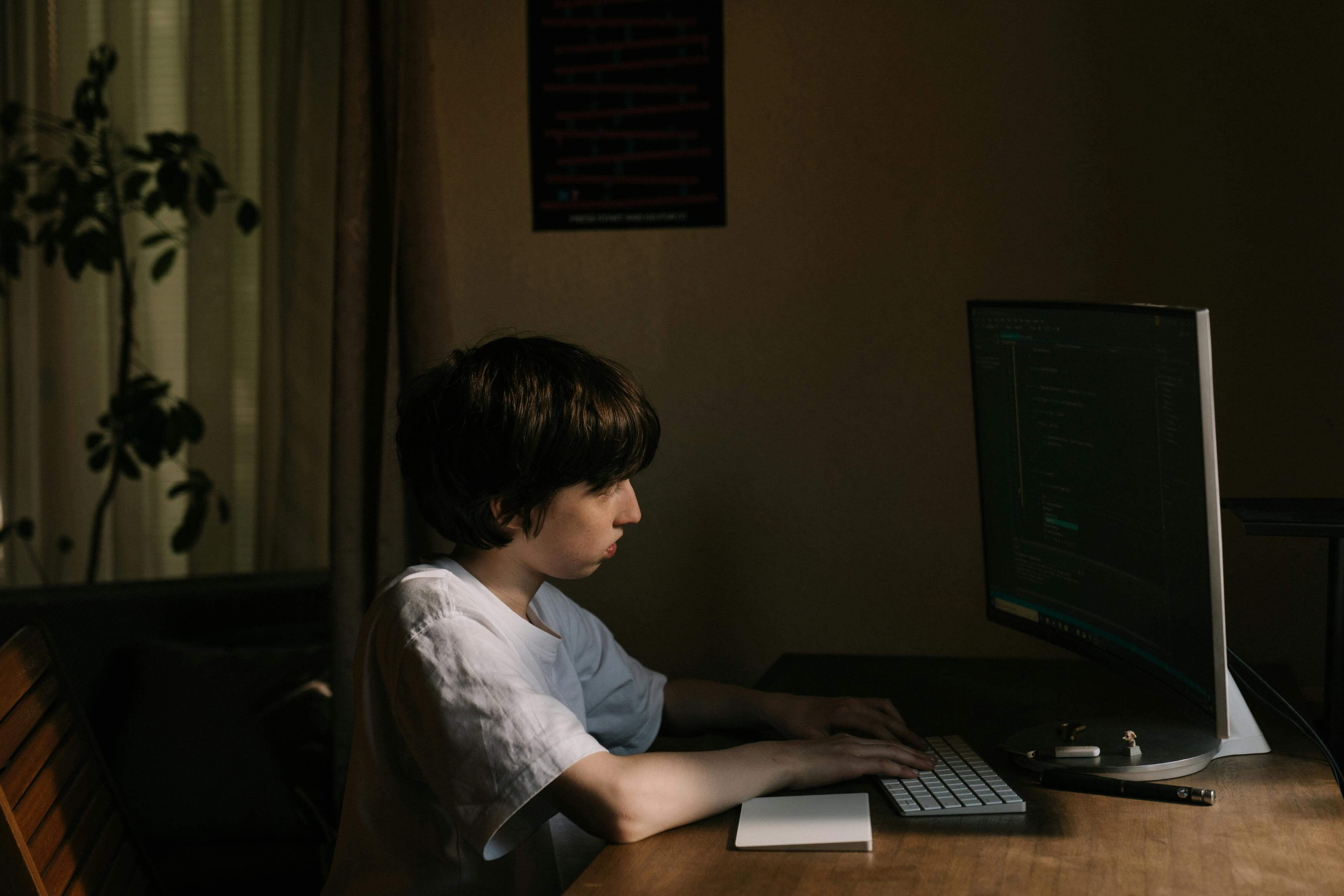Blog

What is Facial Recognition and Why is it Dangerous?

How AI Deepfakes are Targeting Children

Who Is Misusing Your Child's Photos? It Could Be Anyone

How Oversharing Online Can Lead to Real-Life Harm For Your Children

Holiday Tech Gifts: 6 Tips to Keep Your Child Safe With Technology

How Your Child’s Photo Could Be Used to Steal Their Identity

What is Digital Kidnapping and Can it Happen to Your Child?

The Dangers of Sharenting: How Your Child’s Photos Are Being Misused Online

Arm Your Teens with Media Literacy: How to Discuss Photo Abuse with Your Teens

Photo and Privacy Tips for Parents: How to Protect Your Children From Photo Abuse

Demystifying Deepfakes: The Latest Hoax of Media Manipulation

How to Review Your ImageShield® Search Results

Deepfakes Are Coming for You (Even if You’re Not Rich and Famous)

Protection of Your Photos and Videos Is a Basic Internet Right